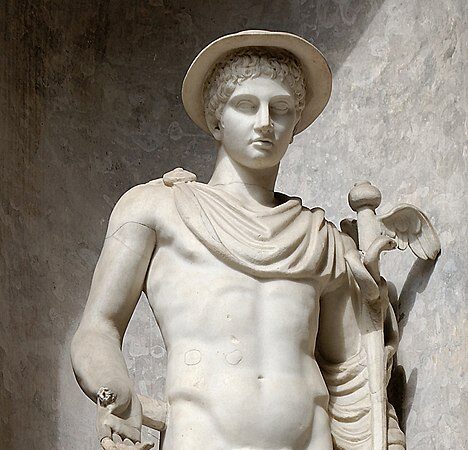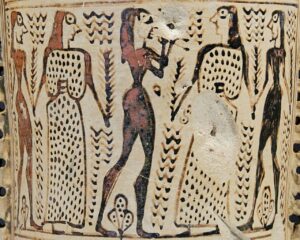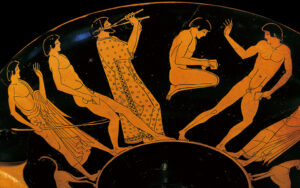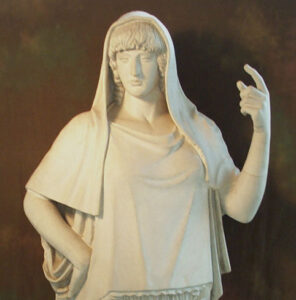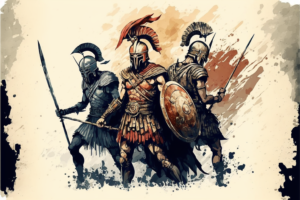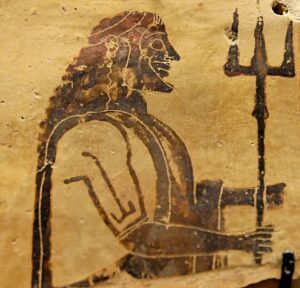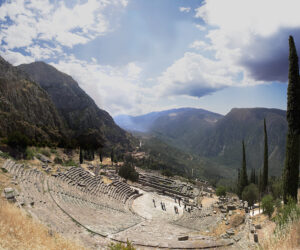Hermes was one of the twelve Olympian gods in ancient Greek mythology. He was the god of messengers, commerce, thieves, and travelers, and was known for his cunning and wit. Also, he was considered one of the most important gods in ancient Greece, and was worshipped in many different cities throughout the country. In this article, we’ll learn about the history, worship and significance of Hermes in ancient Greece.
Origins and Family of Hermes in Ancient Greece
Hermes was supposedly born in a cave on Mount Cyllene in Arcadia, and is said to have been born fully grown and wearing his trademark winged sandals. His parents were Zeus, the king of gods, and Maia, an important figure in ancient Greek mythology.
He was known for his swiftness and agility, and was said to have the ability to move between the mortal world and the underworld with ease. In addition to being the messenger of the gods, he was also known as the patron of shepherds and farmers, and was believed to have invented the lyre, a stringed musical instrument.
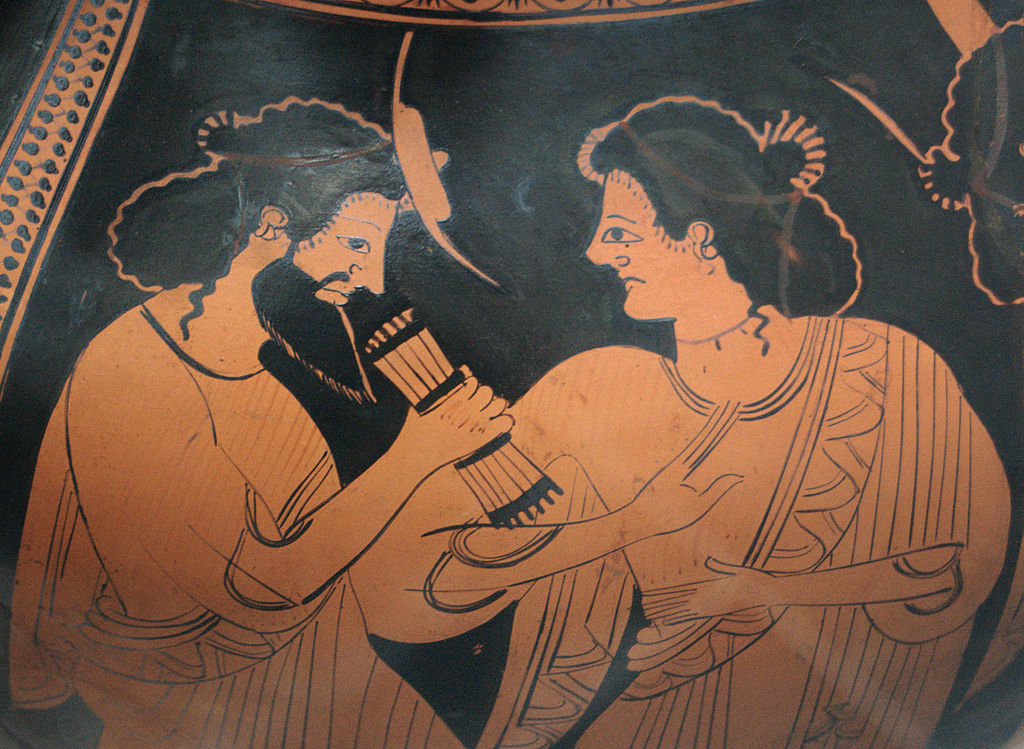
Role of Hermes in Ancient Greek Mythology
As stated above, Hermes was often portrayed as a messenger, and was responsible for delivering messages between the gods and mortals. He was also responsible for guiding souls to the underworld and was considered the protector of travelers and merchants. As the patron of thieves, he was also believed to have the ability to guide people through difficult situations, such as theft or deception.
In addition to his role as a messenger, Hermes was also considered a trickster in ancient Greek religion and was known for his cunning and wit. For instance, he was often depicted as a mischievous god, and is considered to have played pranks on both gods and mortals. Despite this, he was also seen as a kind god, who protected travelers and merchants, and helped those in need.
Furthermore, there were several stories about him in ancient Greek mythology. One of the most famous of these stories is when he stole Apollo’s cattle. To make amends, Hermes invented the lyre (stringed instrument similar to a harp) and gave it to Apollo as a peace offering.
He was also known for his role in the myth of Perseus and Medusa. He gave Perseus winged sandals and a helmet of invisibility, which helped him defeat Medusa.
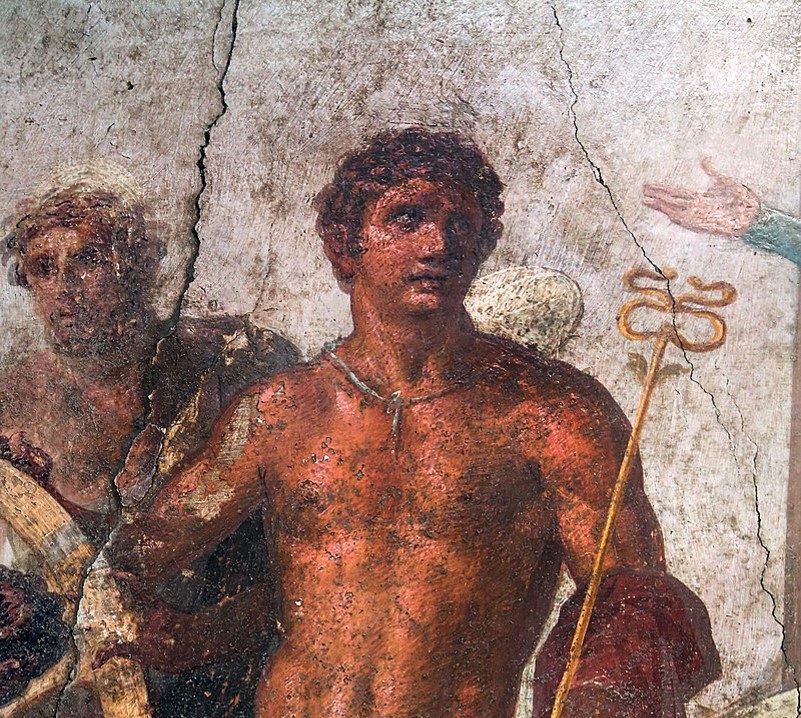
Worship of Hermes
Hermes was an important god in ancient Greek mythology. He was worshipped in many different cities throughout Greece, including Athens, Olympia, and Arcadia. In Athens, he was worshipped as the patron of merchants and commerce, and his temple was located near the Agora, the main marketplace in the city. In Olympia, he was worshipped as the patron of athletes, and his temple was located near the Olympic Stadium. In Arcadia, he was worshipped as the patron of shepherds and farmers.
In addition to his temples, he was also worshipped through various festivals and rituals, such as the Hermaea, which was held in his honor in many cities throughout Greece. During this festival, people would perform sacrifices and offer gifts to the god, in hopes of receiving his protection and guidance.
Significance of Hermes
Hermes is one of the most well-known gods in Greek mythology, and his legacy has had a lasting impact on Western culture. He is often depicted in works of art, literature, and music, and continues to be a popular figure in modern popular culture. His influence can be seen in the use of the caduceus, a staff entwined with serpents, which has become a significant symbol of modern medicine.

